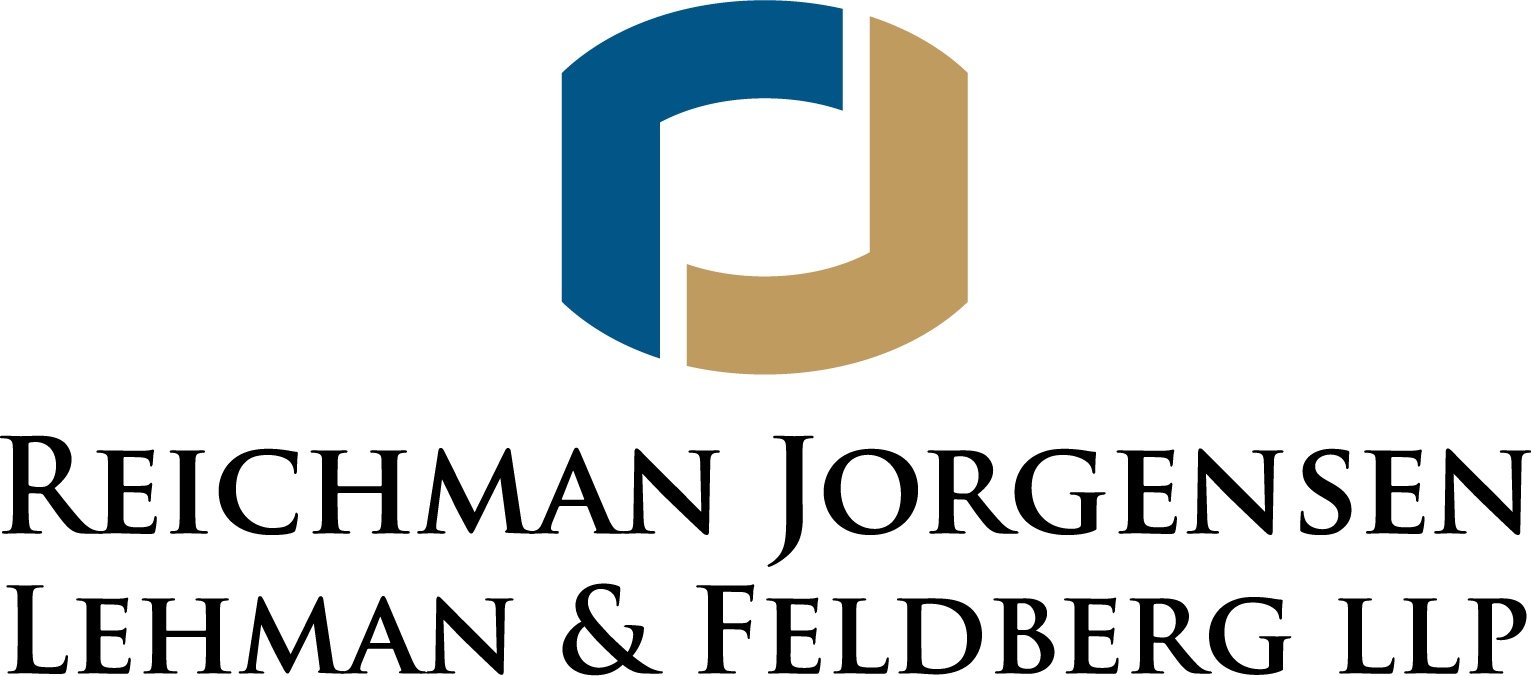Feldberg and Warner Explore the Crucial Concept of an “Agreement” in White Collar Criminal Law
In a recent Chambers Expert Focus article titled "What Is An Agreement? A Central, and Hard to Define, Concept in U.S. White-Collar Criminal Law," Michael Feldberg, who heads RJLF’s White Collar Defense practice, and Nathaniel Warner, formerly with RJLF and currently a law clerk to a U.S. District Court Judge in the Central District of California, delve into U.S. case law to illuminate the challenges in defining an “agreement” in the context of white collar criminal cases.
A central question in many white collar criminal cases – ranging across conspiracy, bribery, kickback, and price-fixing cases – is whether or not there is an agreement. In Sherman Act antitrust cases the issue is fundamental: the statute specifies that the crime is the agreement. So, too, with the conspiracy statute. And in honest services fraud prosecutions, now limited by Skilling v. United States, 561 U.S. 358, 412 (2010) to “encompass only bribery and kickback schemes,” once again the question of whether or not there is an agreement, a quid pro quo, is elemental.
Read the full article here.



